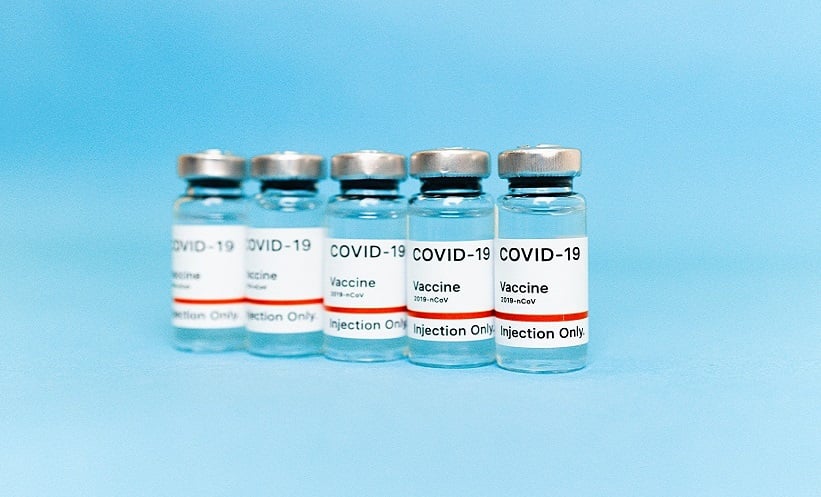COVID-19 vaccines have been shown to be effective in reducing thrombotic events and disease severity in individuals with breakthrough SARS-CoV-2 infection. The COVID-19 pandemic, caused by SARS-CoV-2, has so far resulted in 6.5 million deaths globally.
Robust systemic inflammation is commonly associated with COVID-19 infection, leading to platelet, neutrophil, and endothelial activation, and blood clot formation (thrombosis). In individuals who have contracted SARS-CoV-2 infection despite vaccination, termed breakthrough infections, COVID-19 vaccines have been shown to prevent disease progression and fatality. These vaccines have also been linked to a decreased risk of acute myocardial infarction, ischaemic stroke, and venous thromboembolism in infected individuals.
This pilot study included 14 hospitalised patients with COVID-19 who had previously received an mRNA-based vaccine. Twenty eight hospitalised patients with COVID-19 who had not received the vaccine were included as an age and sex matched control. Peripheral venous blood samples were collected to measure blood coagulation markers. Platelet activation was measured using circulating platelet-derived microvesicles and soluble P-selectin. Neutrophil activation was measured by circulating neutrophil extracellular trap biomarkers and matrix metalloproteinase-9. Finally, endothelial activation was measured by soluble vascular cell adhesion molecule-1 and endothelial-derived microparticles.
Analysis of the results revealed that about 17% of patients who were unvaccinated required admission to intensive care unit, compared to zero patients who had been vaccinated. Furthermore, death occurred in 21% and 7% of unvaccinated and vaccinated patients, respectively. The analysis of blood parameters revealed no significant change in platelet count between the two test groups, but unvaccinated patients showed significantly higher neutrophil counts. Regarding thrombotic parameters, significantly lower levels of platelet and neutrophil activation markers, and neutrophil degranulation markers were identified in vaccinated patients. Interestingly, 14% of unvaccinated and 7% of vaccinated patients experienced thrombotic events during hospitalisation. Finally, the analysis of blood coagulation parameters revealed significantly higher levels of D-dimer and fibronectin in both test groups compared to healthy individuals, highlighting the association between SARS-CoV-2 infection and hypercoagulation.
This ‘hypothesis-generating’ study highlights the significance of COVID-19 vaccination in dampening platelet and neutrophil activation and consequent thrombotic events in hospitalised patients with COVID-19. Further studies utilising larger cohorts would be of value in exploring this association further.







